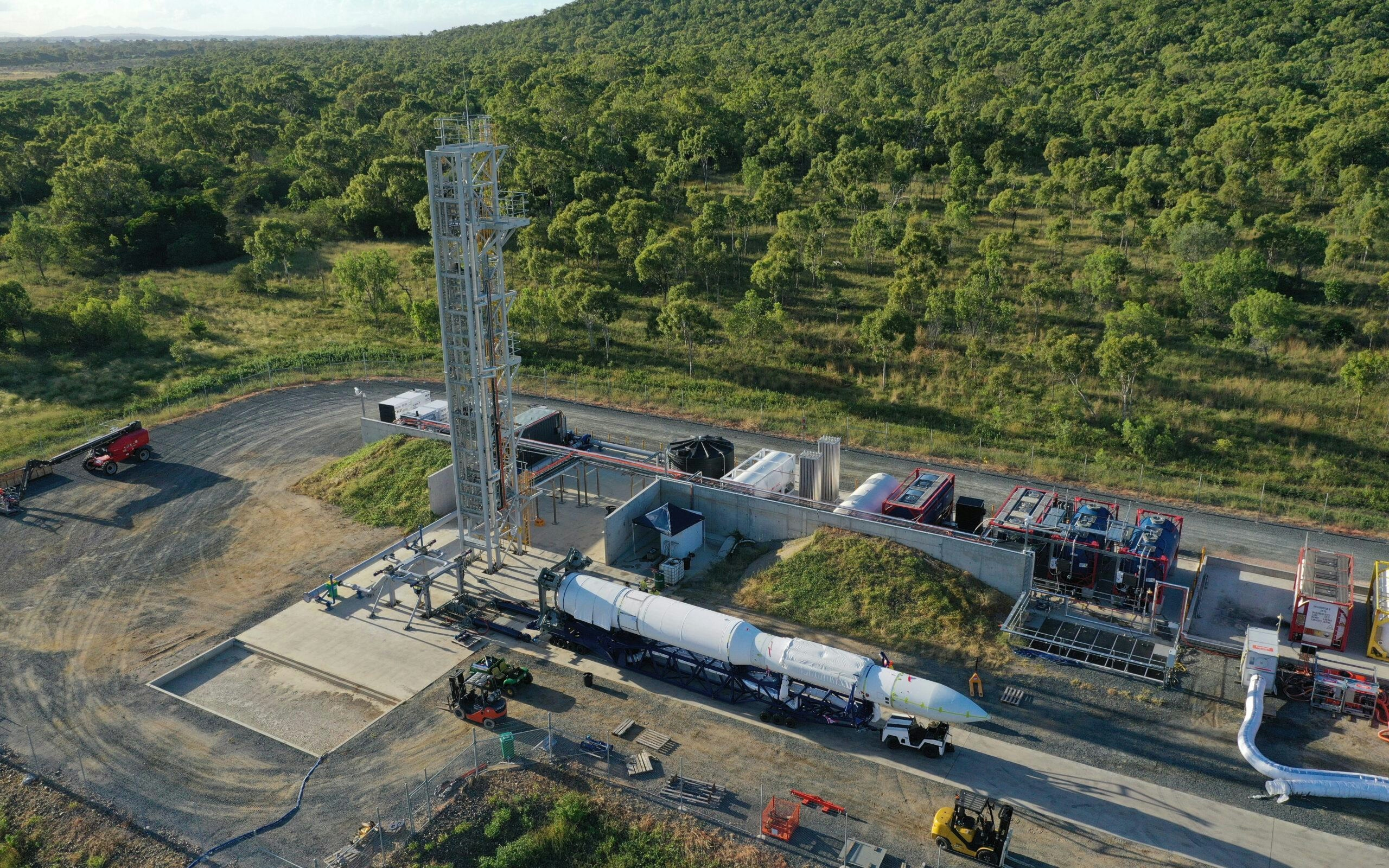AeroGenie — Your Intelligent Copilot.
Trending
Categories
New Zealand Highlights Growth in Space and Aviation at Sydney Congress

New Zealand Highlights Growth in Space and Aviation at Sydney Congress
Showcasing Aerospace Innovation at the International Astronautical Congress
New Zealand’s burgeoning space and advanced aviation sectors have taken a prominent role at the 76th International Astronautical Congress (IAC) in Sydney, held from 27 September to 2 October. Led by Space Minister Judith Collins, the national delegation is emphasizing New Zealand’s emergence as a dynamic hub for aerospace innovation within the evolving Asia-Pacific region.
The IAC, recognized as the world’s largest assembly of space professionals, convenes government officials, industry leaders, and researchers to discuss the future trajectory of space exploration and technology. Minister Collins highlighted New Zealand’s growing reputation for innovation, noting that the New Zealand Space Agency, in collaboration with leading private enterprises, is leveraging the event to showcase advancements in satellite technology, launch services, aerospace manufacturing, and research and development. She underscored the increasing role of private companies alongside government initiatives in cultivating a globally competitive aerospace sector.
Economic Expansion Amid Industry Challenges
Over the past five years, New Zealand’s space industry has experienced rapid growth, currently supporting approximately 17,000 jobs and generating an estimated $2.68 billion in revenue for 2024—a 53 percent increase since 2019. The government has set an ambitious target to double the size of both the space and advanced aviation sectors by 2030, reflecting their strategic importance in driving economic growth and technological leadership.
Despite this progress, the sector faces significant challenges, including complex industry demands and sustainability concerns that mirror broader regional trends. The rise of aviation consulting services is playing a critical role in addressing these issues, helping to ensure that expansion proceeds in a sustainable and resilient manner. Minister Collins emphasized that the sector’s impact extends beyond economic metrics, providing vital solutions in climate monitoring, disaster response, navigation, and communications that directly benefit New Zealanders.
Regional Leadership and Industry Developments
During her visit, Minister Collins is participating in the International Astronautical Federation’s Ministers and Members of Parliament meeting at the New South Wales Parliament and delivering an address to the Australasian Space Innovation Institute. These engagements reinforce New Zealand’s leadership within the Asia-Pacific aerospace sector. Her itinerary also includes defence-related activities, such as a visit to Royal Australian Navy personnel at Fleet Base East, highlighting the strategic link between space capabilities and national security.
The broader Australasian aviation sector is also undergoing significant developments. Air New Zealand has forecasted stability in the number of grounded aircraft, indicating a steady market environment. Concurrently, Sydney Airport’s plans to join and expand two terminals aim to accommodate substantial increases in passenger capacity. Additionally, Qantas’ Project Sunrise, scheduled to commence ultra-long-haul services in 2027, is expected to enhance regional hub connectivity and expand passenger options.
Building Momentum Toward the Christchurch Aerospace Summit
The Sydney congress serves as a precursor to the New Zealand Aerospace Summit 2025, set for 8 October in Christchurch. As the country’s largest aerospace event, the summit is anticipated to draw international delegates eager to engage with New Zealand’s aerospace capabilities firsthand.
Minister Collins remarked that hosting two major industry events in Australasia underscores the region’s pivotal role in shaping the future of space. She affirmed that attendees of the New Zealand Aerospace Summit will witness why New Zealand is an ideal location for innovation in space and advanced aviation.
With a strong track record, an expanding workforce, and growing international recognition, New Zealand is positioning itself as a leading force in the global space economy, poised to become both a regional hub and a significant global contributor by 2030.

Emirates Unveils Cabin Design for New Boeing 777X

Eighteen Years On, the Airbus A380 Remains Central to a $34 Billion Airline

How a boom in luxury airline seats is slowing down jet deliveries

Navitaire Outage Attributed to Planned Maintenance

DigiYatra Debuts Outside Aviation at India AI Impact Summit

Vietnam Orders Strengthen Boeing’s Commercial Outlook

Airbus Signals Uncertainty Over Future A400M Orders

JobsOhio Awards $2 Million Grant to Hartzell Propeller for Innovation Center

Collins Aerospace Tests Sidekick Autonomy Software on YFQ-42A for U.S. Air Force CCA Program

How the Airbus A350-1000 Compares to the Boeing 777
